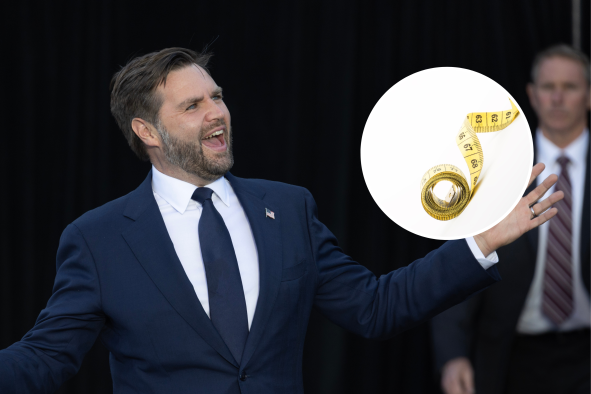The American public has less trust in the U.S. Supreme Court now than it did before the overturning of Roe v. Wade in 2022, a new survey found.
When asked in May 2024 if they "trust the Supreme Court to act in the best interest of people like you," 56 percent of the U.S. public said that they did not, according to the survey.
Thirty percent answered "not at all"; 26 percent said "a little"; only 8 percent said "a great deal"; 9 percent said "a lot"; and 28 percent said "a moderate amount" in response to the same question.
By August 2024, when the survey was repeated, this trust had fallen further, with 34 percent replying "not at all"; 22 percent said "a little"; 25 percent said "a moderate amount", 11 percent said "a lot"; and 8 percent said "a great deal."
The survey was fielded by the Annenberg Public Policy Center (APPC) of the University of Pennsylvania to a nationally representative sample of 1,395 adult U.S. citizens.
Surveys from previous years show that trust in SCOTUS has been falling year by year, with a notable drop in 2022 after the Dobbs decision.
The Dobbs decision came nearly 50 years after Roe v. Wade and radically altered the legal status of abortion in the U.S. In Dobbs v. Jackson Women's Health Organization, the Supreme Court overruled Roe v. Wade, ending the constitutional protection for abortion.
With Roe v. Wade overturned, individual states are now free to regulate abortion as they see fit. This has led to a patchwork of laws across the U.S., with some states enacting total or near-total bans on abortion, while others have passed laws protecting access to the procedure.
The previous surveys found that overall trust in SCOTUS (answering "a moderate amount", "a lot", or "a great deal") fell from 68 percent in 2019 to 46 percent in 2022. This rose to 53 percent in 2023, but dropped to 45 in May 2024 and further to 44 percent in August. Forty-seven percent of people said they did not trust SCOTUS in 2023, 52 percent in 2022, and 31 percent in 2019.
Additionally, the number of those replying "not at all" now sits at 34 percent, having risen from 30 percent in May. In 2005 only 7 percent of people gave this answer, with 2019 seeing 10 percent and 2022 seeing 24 percent.
Before 2024, the survey responders were asked a slightly different question, however: instead of being asked if they "trust the Supreme Court to act in the best interest of people like you," they were asked if they "trust the Supreme Court to act in the best interest of the American people."
There is a clear difference in trust between Democrat and Republican voters, with 71 percent of Republicans and 24 percent of Democrats answering "a moderate amount", "a lot", or "a great deal" in August 2024. The partisan gap has increased since May this year, where 69 percent of Republicans and 29 percent of Democrats had trust in the Supreme Court.
"This underscores how Dobbs has fundamentally shifted views of the court," survey director Matthew Levendusky, a University of Pennsylvania political science professor and the Stephen and Mary Baran Chair in the Institutions of Democracy at the Annenberg Public Policy Center. "For many years, the court was held in high esteem by all Americans across partisan lines, but no more – that polarization emerged after Dobbs, and the court's rulings since then have done little to change these perceptions."
Do you have a science story to share with Newsweek? Do you have a question about politics? Let us know via science@newsweek.com
Disclaimer: The copyright of this article belongs to the original author. Reposting this article is solely for the purpose of information dissemination and does not constitute any investment advice. If there is any infringement, please contact us immediately. We will make corrections or deletions as necessary. Thank you.



